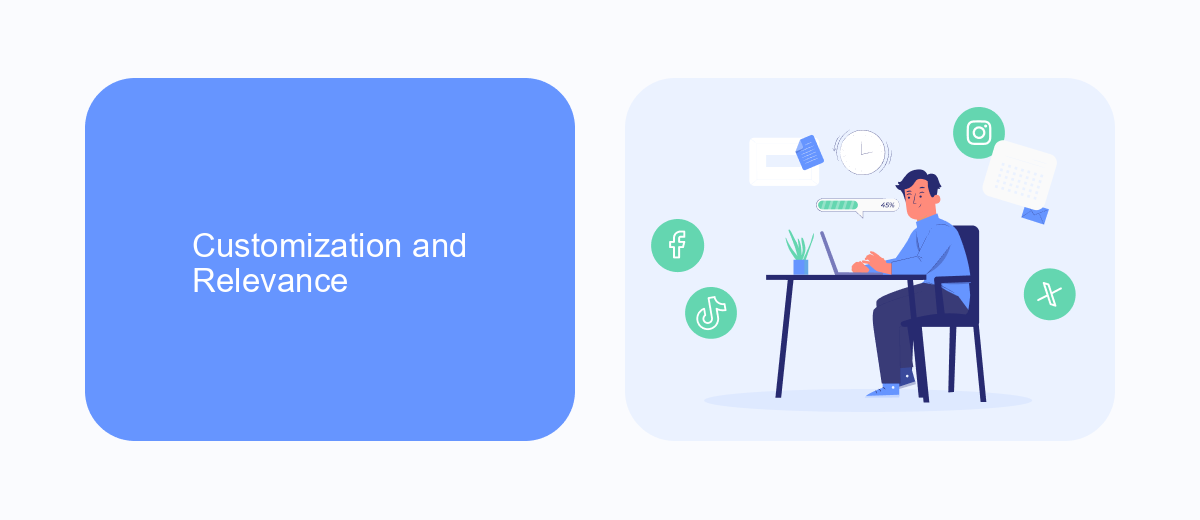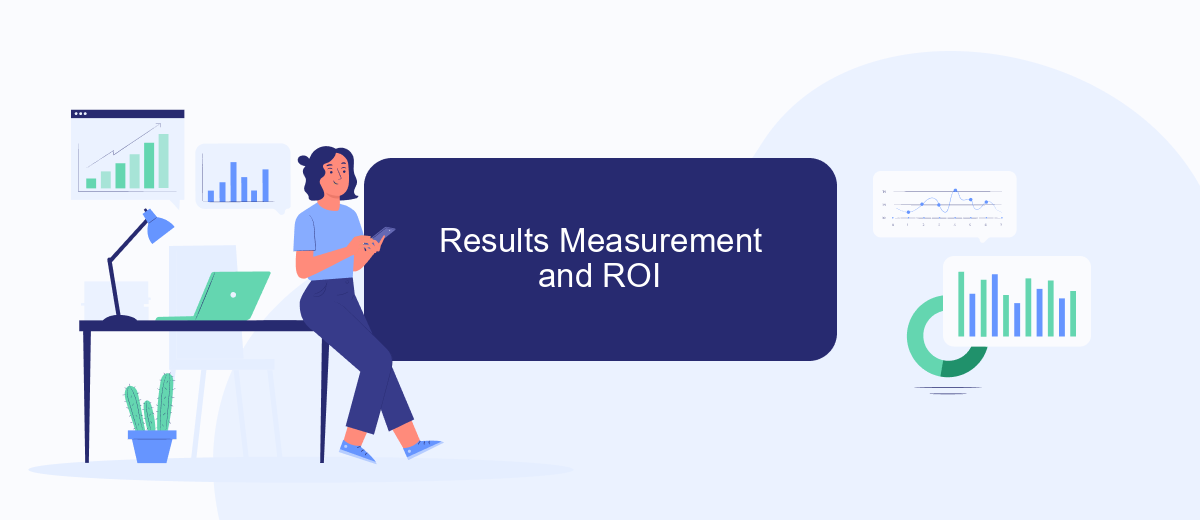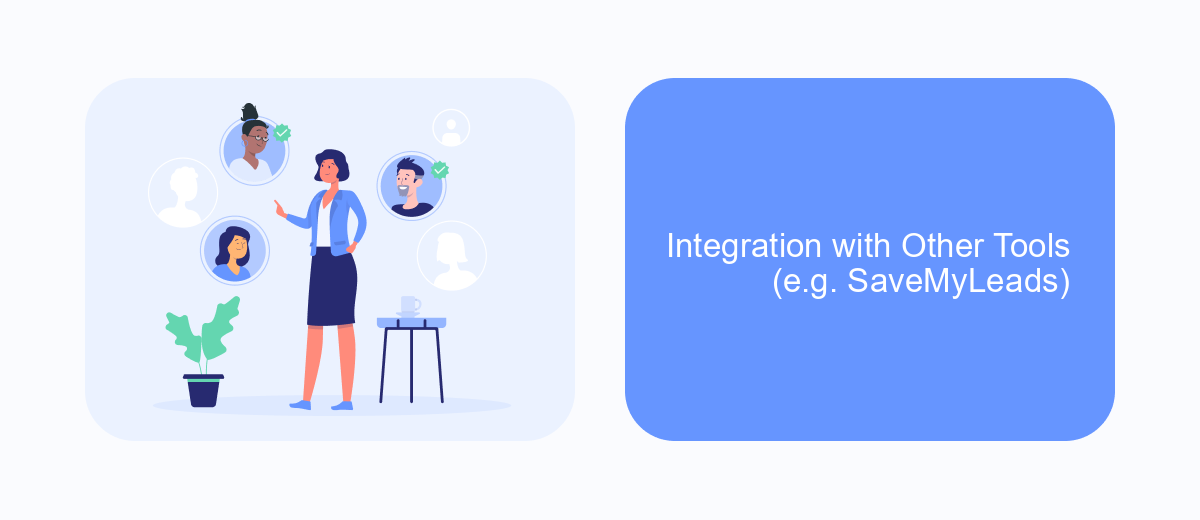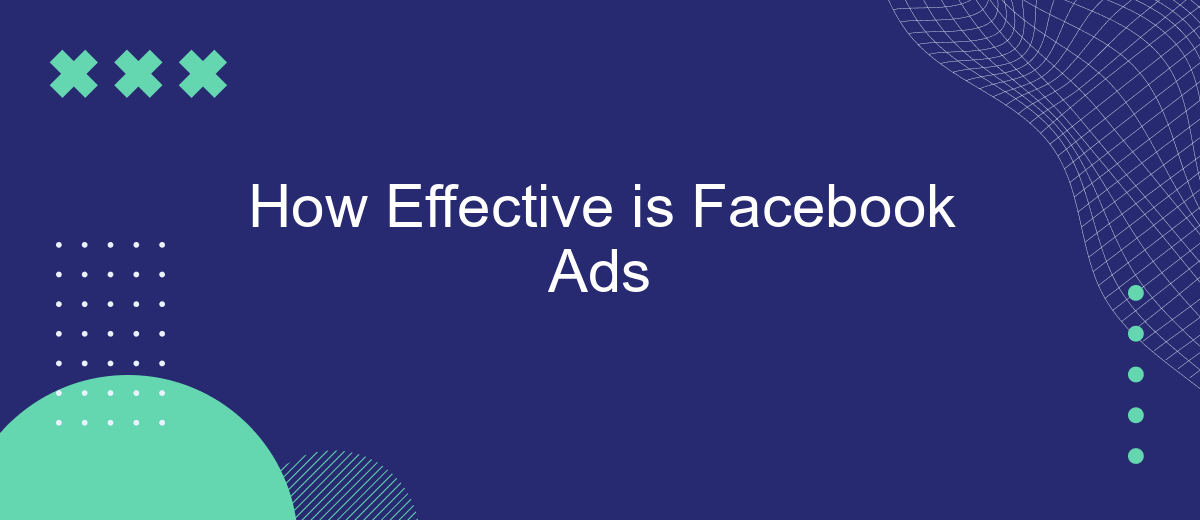Facebook Ads have revolutionized the landscape of digital marketing, offering businesses a powerful tool to reach targeted audiences with precision. This article delves into the effectiveness of Facebook Ads, exploring key metrics, case studies, and expert opinions to determine whether this platform lives up to its reputation. Discover how Facebook Ads can impact your marketing strategy and drive measurable results.
Reach and Targeting
Facebook Ads offer unparalleled reach and targeting capabilities, making it a powerful tool for businesses of all sizes. With over 2.8 billion monthly active users, Facebook provides access to a vast audience. Moreover, its sophisticated targeting options allow advertisers to reach specific demographics, interests, and behaviors, ensuring that their ads are seen by the most relevant users.
- Custom Audiences: Target users who have already interacted with your business.
- Lookalike Audiences: Reach new people similar to your existing customers.
- Detailed Targeting: Filter users based on demographics, interests, and behaviors.
- Geographic Targeting: Focus on users in specific locations.
Integrating Facebook Ads with other services can further enhance their effectiveness. For instance, SaveMyLeads allows seamless integration with various CRM systems, automating lead management and ensuring timely follow-ups. This not only saves time but also maximizes the potential of your advertising efforts by keeping your sales funnel active and responsive.
Customization and Relevance

One of the standout features of Facebook Ads is its high degree of customization, which allows businesses to tailor their advertising campaigns to specific audiences. This customization is achieved through detailed targeting options, such as demographics, interests, and behaviors, ensuring that ads reach the most relevant potential customers. Additionally, tools like SaveMyLeads enhance this customization by enabling seamless integration with various CRM systems and other marketing platforms, allowing businesses to automate lead data collection and streamline their marketing efforts.
Relevance is another critical factor that makes Facebook Ads effective. By leveraging user data and advanced algorithms, Facebook ensures that ads are shown to users who are most likely to be interested in the products or services being advertised. This relevance not only improves the user experience but also increases the likelihood of higher engagement and conversion rates. Furthermore, the ability to continuously monitor and adjust ad campaigns based on performance metrics allows businesses to maintain and improve the relevance of their ads over time.
Results Measurement and ROI

Measuring the results and return on investment (ROI) of Facebook Ads is crucial for understanding their effectiveness. By leveraging advanced analytics and tracking tools, businesses can gain insights into the performance of their ad campaigns and make data-driven decisions.
1. Utilize Facebook Ads Manager to monitor key metrics such as click-through rates (CTR), conversion rates, and cost per acquisition (CPA).
2. Integrate third-party services like SaveMyLeads to automate the process of capturing and analyzing leads from Facebook Ads.
3. Regularly review and adjust your ad targeting and creative elements based on performance data to optimize ROI.
By following these steps, businesses can ensure they are maximizing the impact of their Facebook Ads. Implementing tools like SaveMyLeads not only simplifies the integration process but also enhances the accuracy of data collection, enabling more precise measurement and better decision-making.
Integration with Other Tools (e.g. SaveMyLeads)

Integrating Facebook Ads with other tools can significantly enhance your marketing efforts by streamlining processes and improving data accuracy. One such tool is SaveMyLeads, which allows for seamless integration between Facebook Ads and various CRM systems, email marketing platforms, and other applications.
SaveMyLeads simplifies the process of connecting Facebook Ads to your preferred tools without requiring any coding knowledge. By automating data transfer, it ensures that leads generated from your ads are promptly and accurately captured, reducing the risk of losing potential customers.
- Automated lead transfer from Facebook Ads to CRM systems
- Seamless integration with email marketing platforms
- Real-time data synchronization
- No coding required for setup
Using SaveMyLeads, businesses can focus more on optimizing their ad campaigns and less on manual data entry. This integration tool not only saves time but also enhances the overall efficiency and effectiveness of your marketing strategy, making it a valuable addition to any digital marketer's toolkit.
Budget and Cost-Effectiveness
One of the most compelling aspects of Facebook Ads is its budget flexibility, allowing businesses of all sizes to participate. Advertisers can set daily or lifetime budgets, ensuring that spending aligns with financial constraints. The platform's advanced targeting options mean that ad spend can be optimized to reach the most relevant audiences, thereby increasing the return on investment (ROI). Additionally, Facebook provides detailed analytics, enabling advertisers to track performance and make data-driven adjustments to their campaigns.
Cost-effectiveness is further enhanced through integration tools like SaveMyLeads, which streamline the process of capturing and managing leads generated from Facebook Ads. By automating lead data transfer to CRM systems or email marketing platforms, SaveMyLeads reduces manual effort and minimizes the risk of data loss. This not only saves time but also ensures that marketing efforts are more efficient and effective, ultimately contributing to a higher ROI.
FAQ
How effective are Facebook Ads for small businesses?
What is the average ROI for Facebook Ads?
How can I track the performance of my Facebook Ads?
Are Facebook Ads suitable for B2B companies?
What budget should I start with for Facebook Ads?
What do you do with the data you get from Facebook lead forms? Do you send them to the manager, add them to mailing services, transfer them to the CRM system, use them to implement feedback? Automate all of these processes with the SaveMyLeads online connector. Create integrations so that new Facebook leads are automatically transferred to instant messengers, mailing services, task managers and other tools. Save yourself and your company's employees from routine work.
